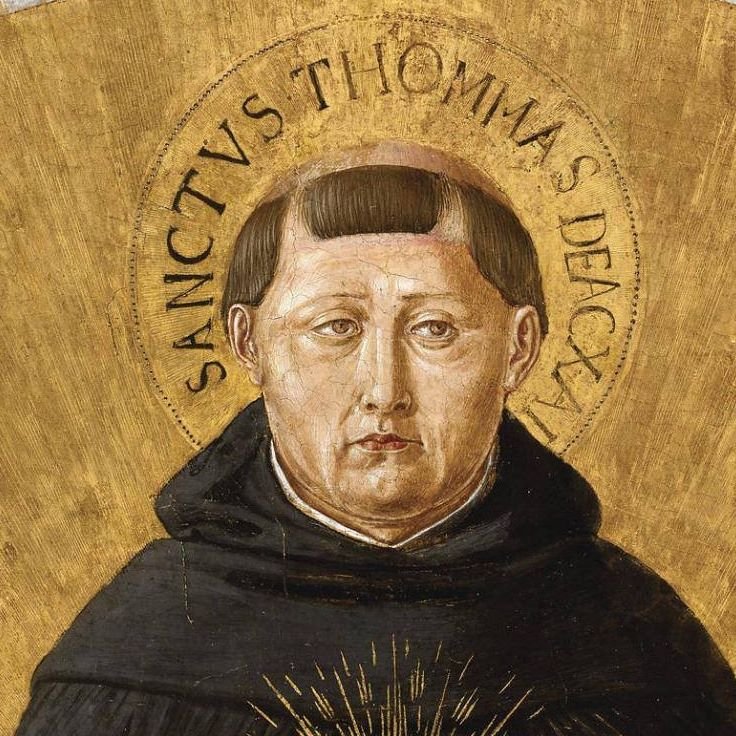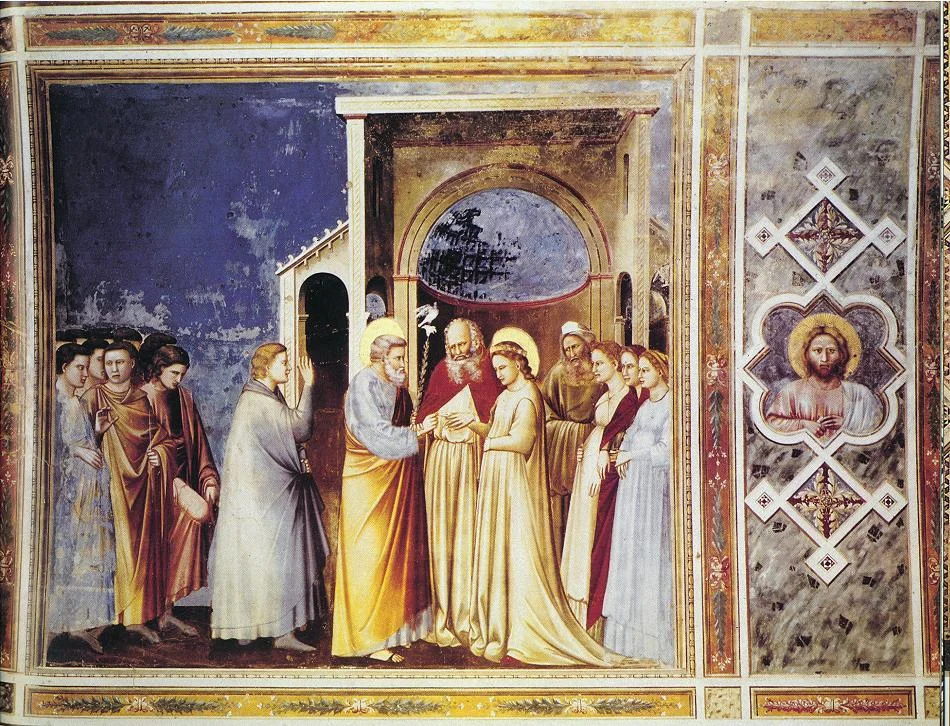To Mary Through Joseph
/In 1955, Pope Pius XII established the Feast of St. Joseph the Worker. With the shadow of Communism spreading in full swing across Europe at the time, the rhetorical face of the Holy Father’s move was quite clear. Absconding as they were with the language of “worker’s rights,” the Communists needed to be held in check. Pope Pius reminded them and their cohorts that through the example St. Joseph, the Catholic Church has been on the side of the workers more so than any atheistic political movement ever could be.
These days, though the reach of Communism may have regressed somewhat, the Feast of St. Joseph the Worker is no less important. Regardless of the political climate in which the Feast day was developed, the theological foundations upon which it was built are as solid as they ever were.
May is Mary’s month, the time when the Church venerates the celestial queenship of the holy Mother of God. It is fitting, then, that the Church begins this month by honoring her spouse and the putative father of Christ on earth.
Joined as he was to her through the bonds of marriage, he was her true companion and the one person on earth who knew Our Lady’s mind and soul most intimately. He was her protector, her guardian, and the one charged with the safety of her and the Christ child.
But the substance of this bond was more than just natural marital complementarity. It had a supernatural element to it as well, enlivened by the mystical gift of chastity that was shared by both Mary and Joseph.
It is chastity, as Thomas Aquinas says, that allows grace to be fully seen and received. “Blessed are the pure in heart, for they shall see God.” Fr. Michael Garry’s spiritual conference makes it especially clear: detachment from sin and concupiscence allow the soul to receive the grace and presence of God as it is, and as God chooses to reveal it.
Though it is doubtless that Joseph, just man that he was, understood this with respect to Mary and the Christ child as they dwelt under his constant care and protection, the fruits of his virtues do not end there. Chastity is necessarily life-giving and involves the perfection of the movements of our human nature by grace, which extends their effect beyond even those in our personal ambit. The paradox of the calling of St. Joseph, whom God made the provider and guardian of His son and mother, is that he made possible the disposition of that grace to the entire world. He revealed it by concealing it. It was not just Joseph himself, nor Mary or the Christ child, who were the only beneficiaries of his virtue. It was all of us. Each and every soul that rejoices in the incarnation of God and of the life-giving mercy of his mother should look to Joseph, whose patronage of the Holy Family kept the grace of God safe so it could save the entire world.
“The Almighty’s faithful servant, of the Holy Family
head and father. Oh! I pray thee, be a father unto me.”



